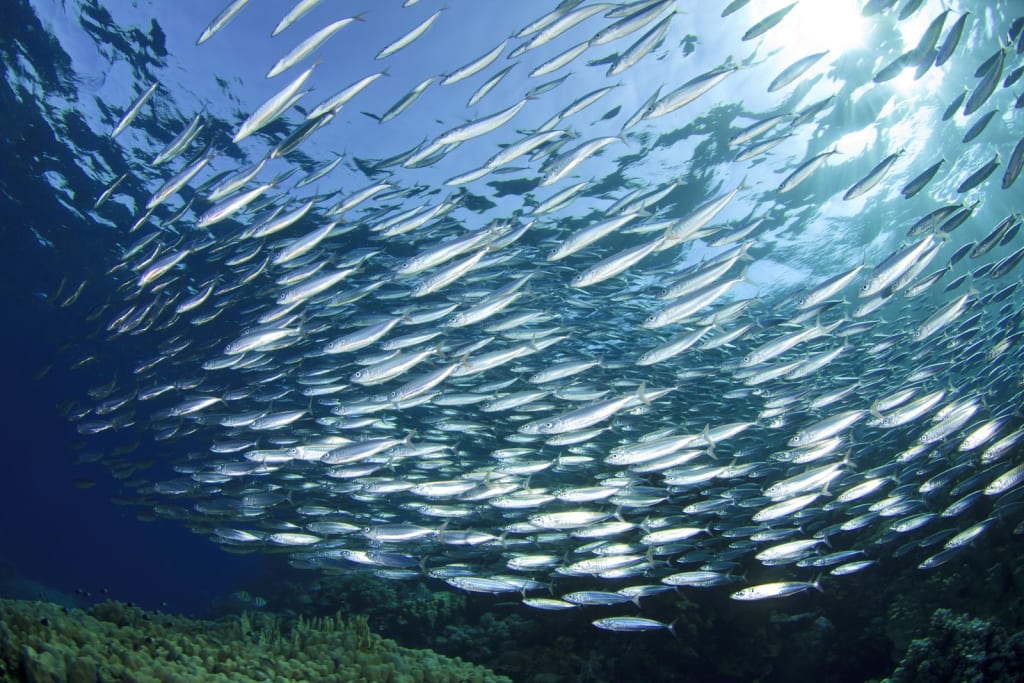
Eat your seafood now, because it will all be gone by the year 2050, according to a study done by an international team of ecologists and economists.
The United Nations cites that 17% of fish stocks worldwide are currently overexploited, 52% are fully exploited, and 7% are depleted. With current fishing trends, it is not surprising that this once bountiful resource is quickly depleting. The industry needs to scale back on its trawling and catches and work with scientists in order to make fishing a sustainable practice that will continue to support its workers and the public who rely on fish in the upcoming future.
A 2012 National Oceanic and Atmospheric Organization report states that the commercial fishing industry, which includes fishermen, processors, dealers, wholesalers and retailers, contributed $141 billion in sales, $39 billion in income and supported 1.3 million jobs. Due to the economic influence of the global fishing industry, lobbyists have spent $2,803,001 in 2017 alone. Politicians and lobbyists ignore potential extinction issues in order to keep fishing jobs and make more money in the unsustainable industry.
Some argue that the booming business and high demand are more important than the health of the ocean. This is especially important in China, where government subsidies given to the fishing industry reached almost $22 billion between 2011 and 2015, according to research fellow Zhang Hongzhou at Nanyang Technological University in Singapore. In fact, revised estimates for China’s overseas fish catch total 4.6 million tons per year, 12 times what is reported to the United Nations.
It’s clear that something needs to be done when so many species are going extinct. This issue is something we can’t ignore. Humanity caused this.
In 1992, Canadian fisheries in Newfoundland had to temporarily close because cod came so close to extinction due to oversaturated fishing.
In order to make fisheries more sustainable, the numbers must match the recommendations of scientists. For example, the documentary The End of The Line shares that scientists recommend that only 1,000,000 tons of blue whiting be caught in a year in total in order to make the supply and process more sustainable. Norway alone catches 880,000 tons.
With population and fish consumption rates going up, and fishing regulations going down, it is important now more than ever for fisheries to cooperate with scientists in order to secure the sustainability of the ocean and of their jobs.
The responsibility is in the hands of the fisheries and policymakers, but we can make smart choices every day by supporting protected marine areas and purchasing local, sustainable seafood.
As an individual, there are also ways to help put an end to overfishing. Signing petitions and supporting causes that want to make fisheries more sustainable can contribute to the cause. In addition, there are smartphone apps that can be utilized to distribute information about sustainable fish in local grocery stores. Overall, the fate of our oceans is in humanity’s hands, and time is running out to stop the depletion of one of the earth’s more precious food sources.
About the Creator
Julia Hansen
Julia Hansen is an undergraduate student studying PR/Marketing Communications and English with a minor in cinema. When not writing, she can be found reading every book she can find, sharing photos of dogs, and watching Netflix.






Comments
There are no comments for this story
Be the first to respond and start the conversation.